SEO is not dead, but the typical SEO agency model is. How organizations should adapt to a new SEO era.
- Blas Giffuni
- Jun 5, 2024
- 3 min read
Updated: Jun 17, 2024
The idea that "SEO is dead" has been making the rounds in business and marketing circles since its creation, suggesting that SEO is no longer as important as before. However, this overlooks SEO's dynamic and adaptive nature. Contrary to claims of its demise, SEO is entering a transformative phase, shifting from a focus on search engine optimization to prioritizing delivering the right content to the right audience at the right time—in other words, extreme personalization.
The evolving definition of SEO mirrors broader shifts in market demands and technological progress. The objective is no longer solely to drive free traffic to a website by securing top positions on search engines. Effective SEO strategies in today's digital landscape prioritize establishing meaningful connections with users. The goal is to ensure that content is discovered and resonates with the audience, whether through traditional search engines or emerging technologies like generative AI.
With the emergence of generative AI tools like ChatGPT, which are flooding the internet with mediocre content faster than ever before (AI-generated results vary wildly depending on the input given), it is vital for businesses and content creators to rise above the noise. This emphasizes the importance of showcasing expertise and delivering value to the audience. In this context, the conventional model of SEO agencies focusing on rankings and traffic needs to be updated. Instead, the focus is shifting towards agencies that can guide and empower their clients, helping them showcase their unique expertise and value proposition.
What would be the role of SEO agencies in go-to-market settings?
SEO agencies are encouraged to evolve, positioning themselves as strategic partners instead of just service providers. The success of an SEO strategy should not solely be measured by traffic or rankings but also by how effectively the optimized content engages the audience and conveys the client's expertise. This strategy requires a deep understanding of the client's business advantages and uniqueness. This can only be achieved through an intimate understanding of the product or service, a result of a close, collaborative relationship with various stakeholders within the organization.
Effective SEO strategies in today's digital landscape prioritize establishing meaningful connections with users
Furthermore, the most successful SEO professionals actively share their knowledge and insights on platforms like LinkedIn and other forums. This dissemination of expertise is, usually, not purely altruistic – in some cases, it is – it is a strategic move that benefits both the SEO experts and their clients. By positioning themselves as thought leaders, these professionals can foster trust and demonstrate their ability to guide clients through the intricacies of the digital landscape.
How should organizations work with SEO agencies?
For businesses aiming to navigate the ever-changing world of SEO, it is vital to collaborate with agencies that go beyond the traditional chase for algorithms. The ideal agency should help businesses identify and leverage their unique expertise, ensuring their content reaches and resonates with the intended audience. As we said on our podcast SEO Bites, SEO is the thing that everyone wants, but few understand. Surprisingly, this holds true for many marketing and business teams even today.
In conclusion, the “SEO is dead” narrative is both misleading and simplistic. SEO is very much alive, but it is evolving. Success in this new era requires a shift in perspective from chasing algorithms to understanding and engaging with the audience. By delivering quality content and showcasing expertise, businesses can navigate the complexities of the digital world and achieve lasting success. As I and other SEO professionals say, the user is the algorithm.













